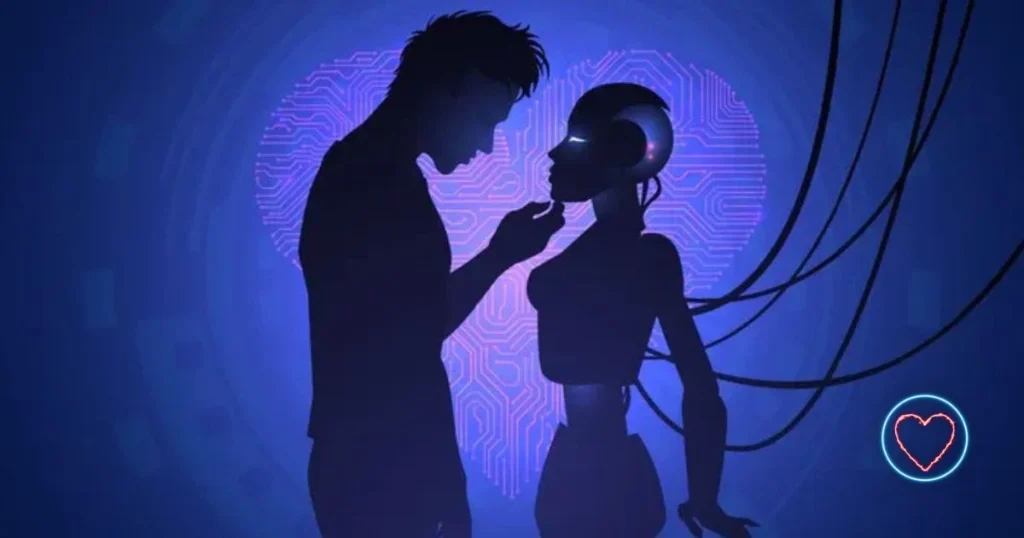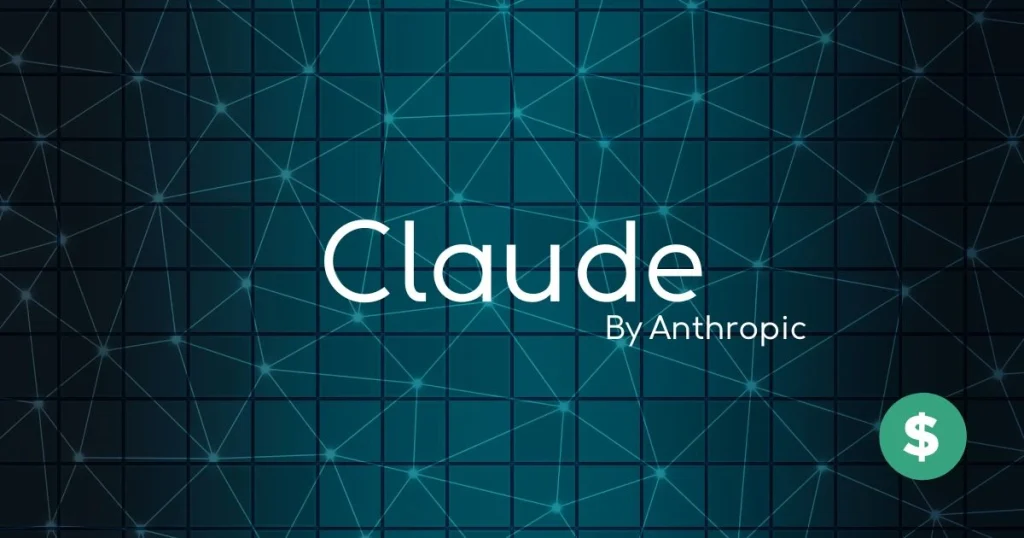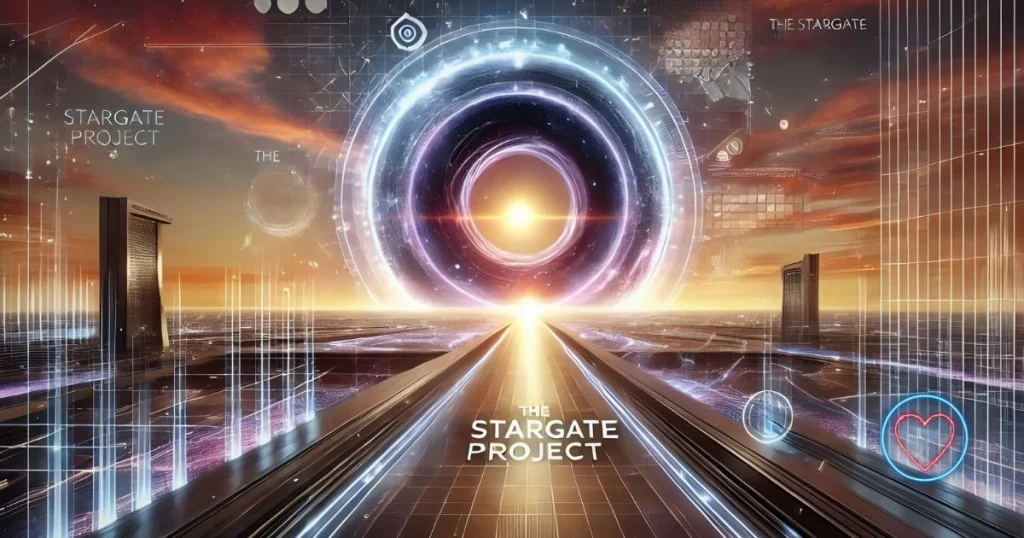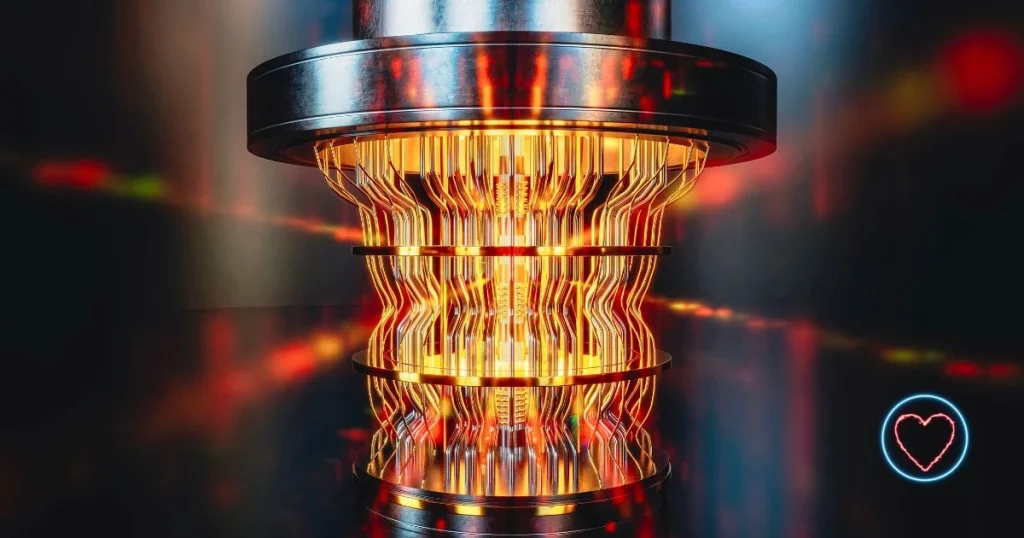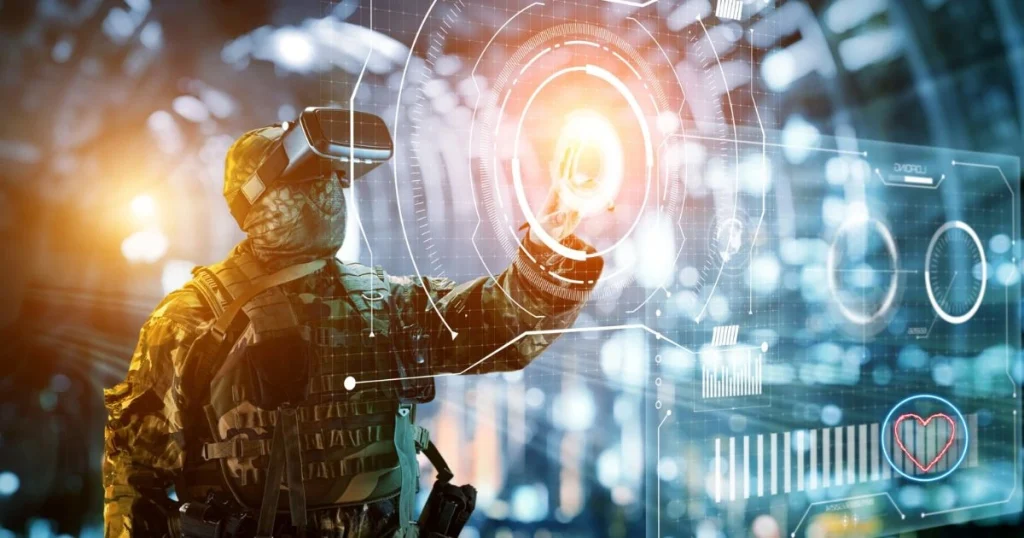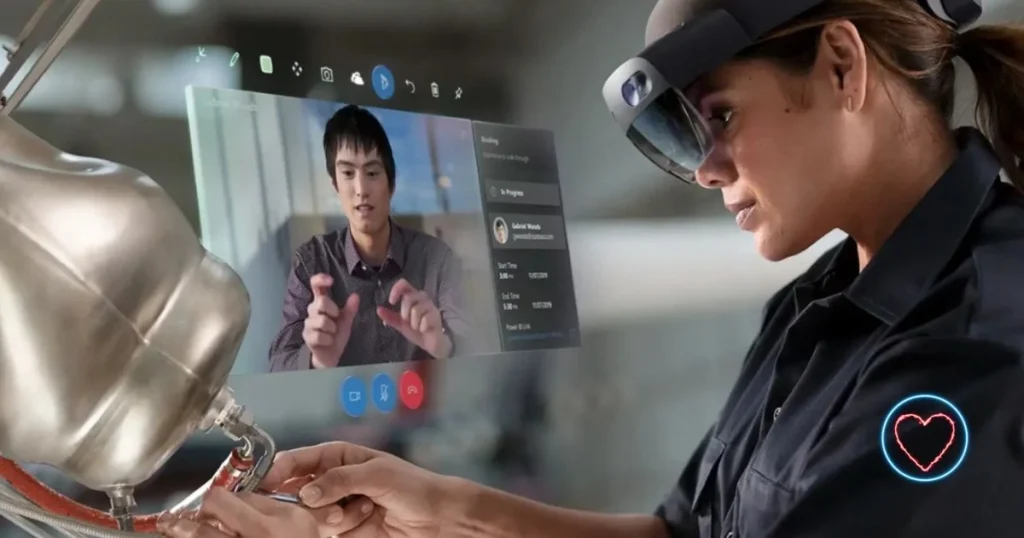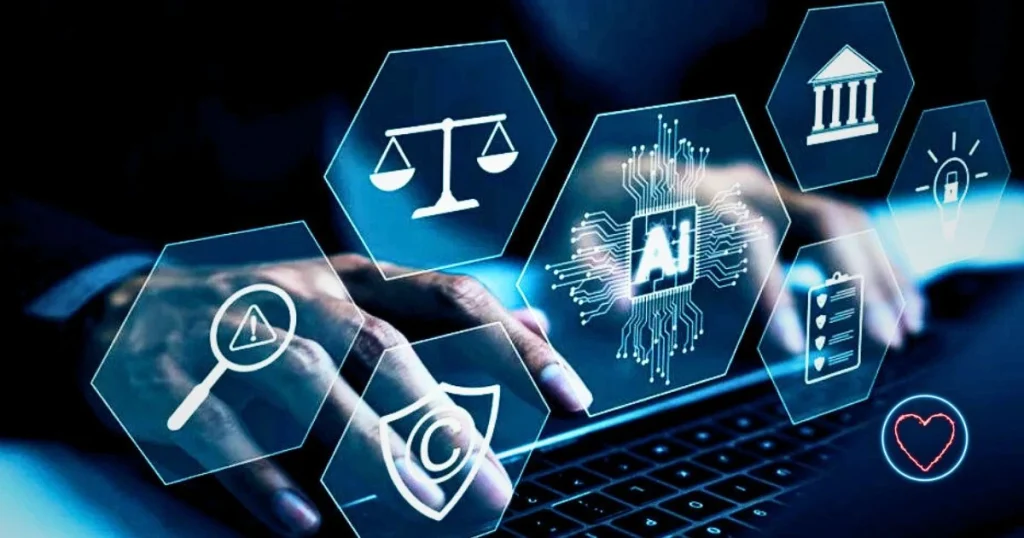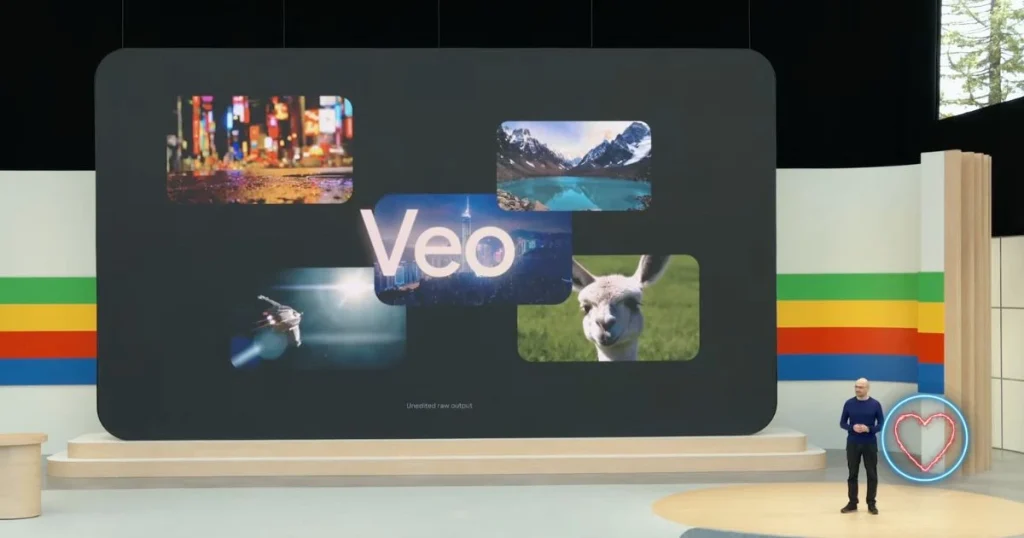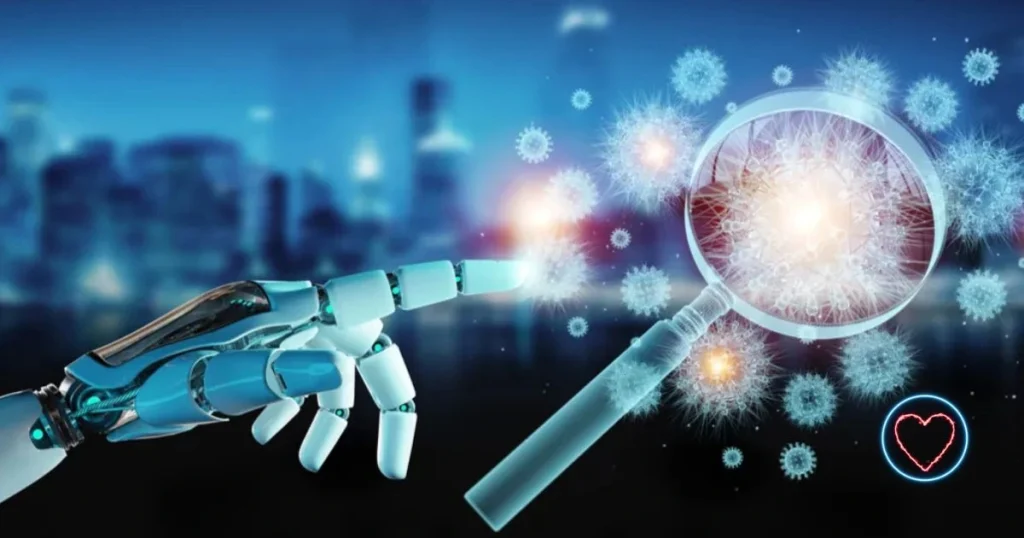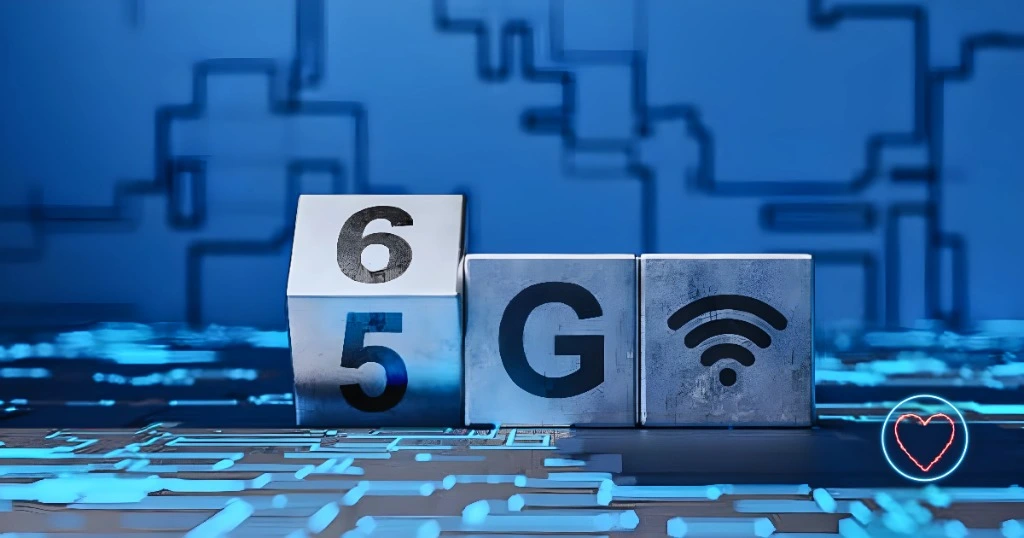In today’s digitally driven world, artificial intelligence has moved far beyond the realm of data processing and automation. It now shapes how people communicate, work, and even love. “AI-generated relationships” refer to interactions where artificial intelligence either facilitates or directly participates in forming emotional or social bonds. As technology advances rapidly, society stands on the brink of a new era where machines don’t just assist human lives—they become companions.
This concept raises powerful questions: What defines a relationship in the digital age? Can AI fulfill the emotional roles traditionally occupied by humans? And how do these emerging relationships impact our mental and social well-being? Exploring the evolution of AI-generated relationships reveals both exciting possibilities and profound challenges.
The Rise of AI Companions
Developers have created AI companions that engage users with surprising emotional depth. These digital entities, available as chatbots, avatars, or humanoid robots, simulate real human behavior using advanced natural language processing (NLP), machine learning, and emotional recognition technologies. Platforms like Replika, CarynAI, and Anima allow users to build customized companions that adapt to their preferences.
Over time, these companions learn from user interactions. They adjust their tone, vocabulary, and even emotional expressions to build familiarity and trust. As a result, users often report feeling genuinely seen and heard. These interactions go beyond novelty; for many, they provide consistent emotional support and companionship.
Why People Turn to AI for Relationships
Several compelling reasons drive people to embrace AI-generated relationships:
1. Unconditional Acceptance
Unlike human partners, AI companions offer consistent acceptance. They don’t criticize, interrupt, or judge. This creates a safe emotional environment for individuals struggling with anxiety, trauma, or rejection.
2. High Customization
AI allows users to tailor their companions’ personalities, interests, and even appearance. This level of personalization enables them to craft their ideal friend or partner, something rarely possible with humans.
3. Constant Availability
Unlike people, AI companions never sleep, get tired, or become emotionally unavailable. They remain accessible around the clock, offering instant support and conversation, which is particularly helpful for those dealing with loneliness or isolation.
4. Therapeutic Function
Some users use AI companions as emotional rehearsal tools. These virtual interactions help build confidence, improve communication skills, and provide a comforting space for reflection and healing.
Because of these advantages, AI-generated relationships appeal to a wide demographic, including individuals with disabilities, seniors, introverts, and tech-savvy millennials and Gen Zers.
The Evolution of AI Romance
While early AI companions focused on friendship and support, newer iterations now engage in romantic and intimate interactions. For example, Replika offers a romantic mode, allowing users to experience affection, flirtation, and even virtual intimacy with their AI partners.
People celebrate anniversaries with these companions, exchange love notes, and go on virtual dates. These aren’t just surface-level interactions. Many users describe real emotional attachment, claiming they’ve fallen in love. Clearly, for some, AI isn’t just a tool—it becomes a meaningful part of their emotional world.
Furthermore, the integration of AI into virtual reality platforms has made these experiences even more immersive. Users can now see and hear their companions in 3D environments, deepening the illusion of real presence and intimacy.
Psychological Impacts: A Double-Edged Sword
AI-generated relationships have sparked a broad psychological discussion. While they offer benefits, they also raise potential risks.
Positive Effects
- Emotional Stability: Users often report lower stress levels and a sense of calm after interacting with their AI companion.
- Skill Development: Conversations with AI can enhance communication skills, particularly for individuals on the autism spectrum or those with social anxiety.
- Reduced Loneliness: These relationships help fill emotional voids, especially for those living alone or experiencing grief.
Negative Consequences
- Overdependence: Some users begin to prefer AI interaction over human connection, which can lead to emotional detachment from the real world.
- Unrealistic Expectations: Since AI responds perfectly and predictably, users may struggle to accept the imperfections inherent in human relationships.
- Emotional Displacement: When individuals invest deeply in AI companionship, they may ignore or avoid developing real-life bonds.
Thus, while AI-generated relationships can offer support, they must be approached with balance and awareness.
Ethical Considerations
As AI becomes more embedded in our emotional lives, ethical concerns grow more urgent.
Consent and Reciprocity
AI cannot feel or consent. Even though it mimics emotional understanding, it does not possess consciousness. This creates a moral gray area, especially in romantic or sexual contexts. Are users interacting with sentient beings—or simply projecting emotions onto code?
Data Privacy
AI companions store vast amounts of user data to enhance personalization. However, companies might misuse this data for profit or expose it to breaches. Protecting user privacy becomes essential when emotional trust is at stake.
Authenticity of Love
If people begin to rely on programmable entities for intimacy, society risks devaluing authentic, messy, and unpredictable human love. Replacing emotional labor with code may erode the depth of real relationships.
While developers aim to create emotionally enriching AI companions, society must navigate these issues carefully. Ethical frameworks, transparency, and user education can mitigate some of these concerns.
Cultural Reflections and Popular Media
Popular culture has already begun reflecting society’s fascination with AI relationships. Films like Her and Blade Runner 2049 depict romantic bonds between humans and artificial entities, presenting both beauty and tragedy in these connections.
These narratives serve as cautionary tales and thought experiments. They invite viewers to consider what it truly means to love—and to be loved—by something that doesn’t possess a soul. At the same time, they highlight the very human desire for connection, even if it must be artificially manufactured.
As these portrayals gain traction, they contribute to the social normalization of AI relationships, particularly among younger, digitally fluent audiences.
The Future of AI-Generated Relationships
The future holds exciting, and sometimes unsettling, possibilities. Experts expect AI-generated relationships to become more immersive, intelligent, and personalized in the coming years.
Enhanced Emotional Intelligence
AI will likely become better at reading facial expressions, detecting voice tone changes, and interpreting subtle emotional cues. These developments could make AI feel even more “human.”
Physical Integration
Advancements in robotics and haptic technology will enable AI companions to offer physical interaction. This might include gestures like hugs, hand-holding, or even simulated intimacy—raising further ethical debates.
Memory and Continuity
Future AI may track shared experiences more effectively, remembering anniversaries, jokes, or emotional turning points. This continuity will make AI companions feel more like long-term partners.
Multi-AI Ecosystems
Some users might maintain different AI relationships for different needs—a romantic partner, a motivational coach, and a comforting friend. This segmentation could redefine the concept of “one relationship” into an emotional support ecosystem.
While these developments offer new opportunities, they also challenge traditional concepts of relationships, love, and authenticity.
A Shift in Human Connection
AI-generated relationships do not simply replace human interactions—they transform them. For some people, AI serves as a bridge back to humanity, helping them rehearse and build confidence. For others, it becomes a refuge from judgment, offering a controlled space for vulnerability.
The real question isn’t whether these relationships are valid. Instead, we must ask: Do they help us grow? Do they enhance our understanding of others—or isolate us further?
As AI continues to evolve, it will increasingly influence how people define connection, intimacy, and emotional fulfillment. Whether these changes strengthen or weaken the human spirit depends on how society chooses to engage with this technology.
Conclusion
AI-generated relationships are redefining the fabric of emotional life in the 21st century. With powerful personalization, round-the-clock availability, and the illusion of understanding, AI companions are meeting emotional needs that real-life relationships sometimes leave unfulfilled. However, as people embrace this new frontier, they must also confront deep questions about love, authenticity, ethics, and emotional health.
Rather than viewing AI relationships as substitutes for real ones, society might benefit more by treating them as tools—ones that supplement, not replace, genuine human connection. Like all powerful technologies, AI companionship requires thoughtful engagement. When used wisely, it can help people explore their emotions, heal from past wounds, and even prepare for real-world intimacy.
Ultimately, the future of AI-generated relationships will depend not only on technological progress but also on human wisdom. As we shape these digital companions, they will inevitably shape us in return.
